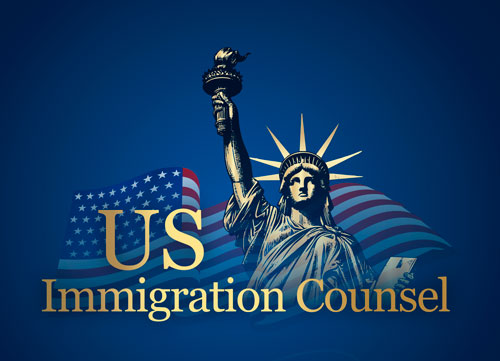Labor Certification and PERM
If a U.S. employer wants to hire a foreign worker for a permanent job, they must first obtain a labor certification. This legal document proves that there are no qualified U.S. workers available and that hiring a foreign national will not negatively affect local wages or working conditions.
What Is PERM?
The Program Electronic Review Management (PERM) is the official process through which employers request labor certification from the U.S. Department of Labor. It is the first required step in sponsoring a foreign worker for an employment-based green card under visa categories such as EB-2 and EB-3.
To initiate the process, the employer must submit ETA Form 9089 and demonstrate two key facts:
-
They are offering the prevailing wage for the role in the relevant geographic area.
-
There are no qualified U.S. workers available and willing to take the job.
Once the Department of Labor approves the PERM application, the employer can file Form I-140, Immigrant Petition for Alien Worker, with U.S. Citizenship and Immigration Services (USCIS).
Key Requirements for Employers
Employers must follow strict guidelines to ensure the labor certification is successful and remains valid throughout the immigration process. Important factors include:
-
The foreign worker must meet all qualifications for the position.
-
The recruitment process must be properly documented to prove a lack of qualified U.S. workers.
-
The job must be offered under fair and legal wage conditions in compliance with DOL requirements.
-
The PERM approval must be obtained before filing the green card petition and must still be valid when the worker becomes eligible to adjust their status.
Why Labor Certification Matters
Labor certification is not just a formality. It protects the U.S. labor market while opening a legal pathway for skilled foreign workers to live and work in the United States. Employers who fail to complete this process correctly risk delays, denials, and even the loss of the opportunity to sponsor the intended employee.

